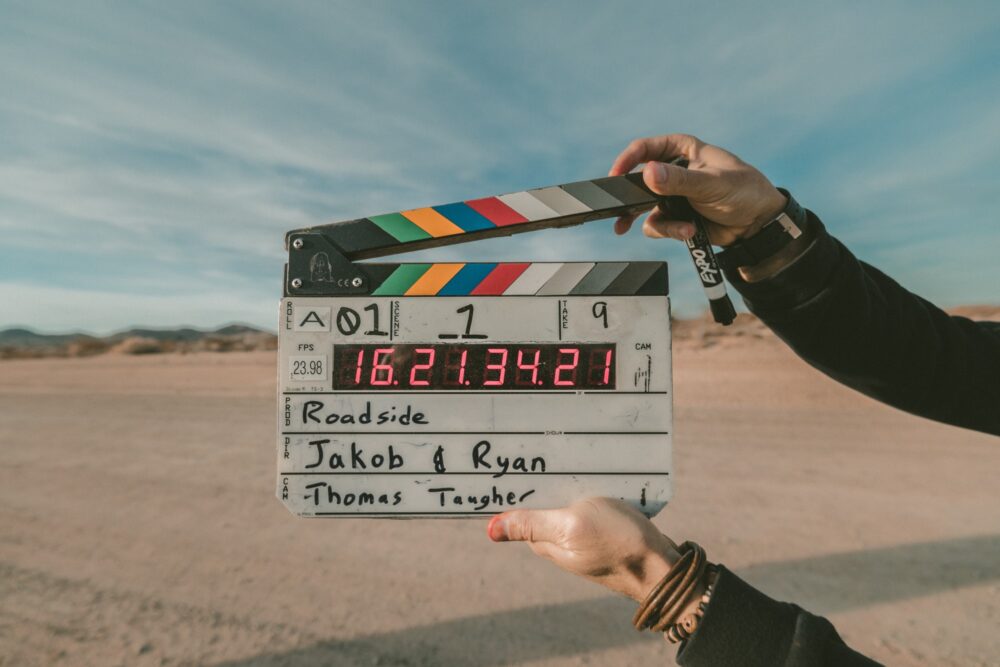Often in a good film, people look first at the directors and screenwriters, and then at the actors. At the Academy Awards, all spotlights are focused on Best Film and Best Actor / Actress. Nobody mentions the importance of soundtracks, but in a good film, music is almost everything.
Film music functions consist of many things, and they are needed in a film to help the story connect. The most famous feature of movie soundtracks is to set the atmosphere in the movie. This is one of the most important and powerful features of movie soundtracks. Creating atmosphere is key in a film as it gives viewers a clue about the overall tone of the film. If you pair the bright and playful melody with the supernatural scene in a horror movie, it immediately seems less intimidating, more silly and more comedic. Another example would be the use of heavy metal music in a science fiction film like Narnia. It wouldn’t be the best choice.

However, soundtracks have more features than that. For example, music conveys emotion. Even when the character has a neutral expression, you can literally hear his or her emotions in the background music. Charlie Chaplin’s films and the very first episodes of Mickey Mouse represent this category. Since there is no dialogue in the film, music is all the film needs to bring the emotional flow. Music is also used to psychologically unite the audience as a whole. One example would be the use of a majestic melody for the climax. Another specific example would be the use of the national anthem. Music may contain social, cultural, geographic and periodic links. In particular, pseudo-authenticity is often used, which means that music that is perceived by Western ears as a specific place, as opposed to real music that can be heard in that place (which is sometimes quite different). This feature can be seen in movies that are set in areas other than where the movie is being produced. Examples can be found in many Disney films such as Mulan and Aladdin. Historical references can also be made using a style of music representing the era. These functions make the story flawless and create significant dynamics in the plot of these moving images.
If you still cannot recognize the importance of music in films, you should remember that every cult film has instantly recognizable themes. Take Star Wars, for example. Star Wars has consistently been named the best movie ever. Its unmistakable soundtrack has been around for over three decades and remains the best-selling orchestral soundtrack of all time. However, one song stands out in particular – “Main Title”. One bar in a song and you immediately associate it with the movie and represent the world of Jedi, lightsabers, and stormtroopers. Hence, you can find good themes in movie parodies as the soundtrack becomes a representative portrayal of the original films. Plus, these good tunes can replace a movie into an iconic statue – Jaws and Psycho is a good example. Other examples of a good theme involve a unique character representing each genre of films: the first in the Pirates of the Caribbean series, Indiana Jones, Rocky, and James Bond.
From the very beginning of the film, the film’s soundtrack and score are directly linked to the film’s success, creating an important symbiotic relationship. An underrated movie soundtrack heightens tension, creates humor and evokes emotion. A movie soundtrack can make the difference between being a dust-collecting DVD in the corner of shelves, and forever engaging in film history. One cannot thrive without the other; visual perception is auditory, while auditory perception stimulates the visual, giving it a deeper meaning. Many people underestimate the importance of a humble movie soundtrack, ignoring it and believing that it adds little to the films, how wrong they are.
